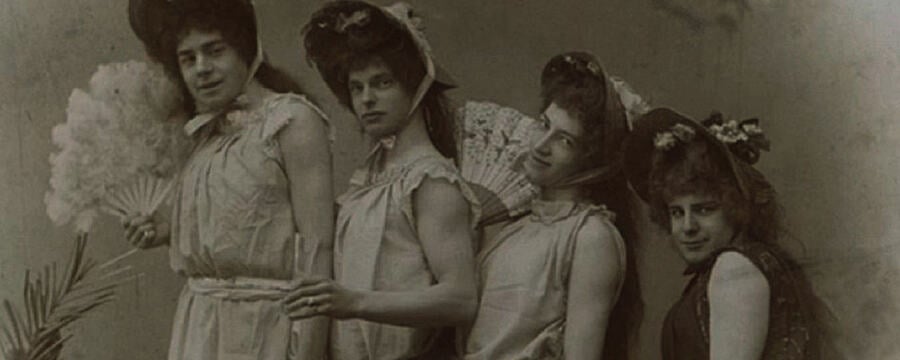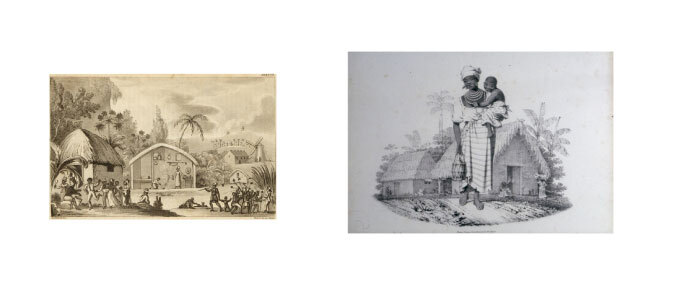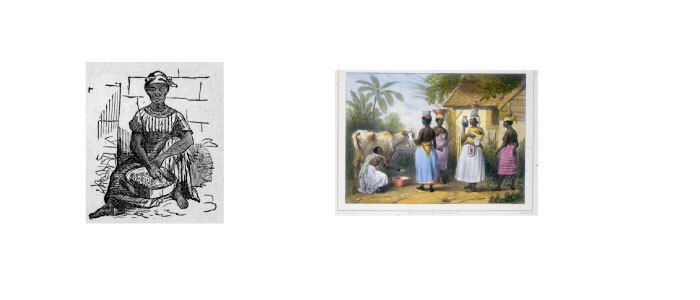This article is from the free online
A Global History of Sex and Gender: Bodies and Power in the Modern World


Reach your personal and professional goals
Unlock access to hundreds of expert online courses and degrees from top universities and educators to gain accredited qualifications and professional CV-building certificates.
Join over 18 million learners to launch, switch or build upon your career, all at your own pace, across a wide range of topic areas.

 ‘Plantation scene and slave houses’ and ‘Negro mode of nursing’, Public domain
‘Plantation scene and slave houses’ and ‘Negro mode of nursing’, Public domain ‘Castor Bean Sorter ‘ and ‘Laitiere et negresses portant du lait’, Public domain
‘Castor Bean Sorter ‘ and ‘Laitiere et negresses portant du lait’, Public domain


